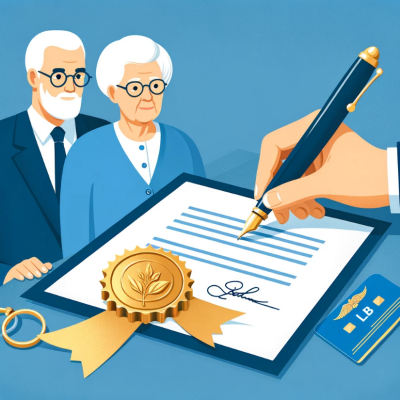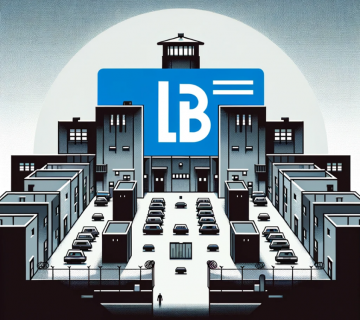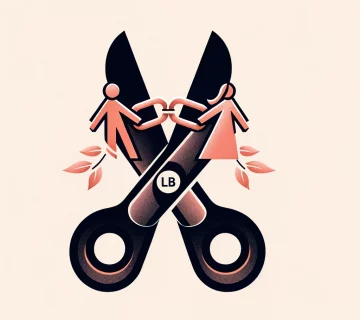If you are making a will, setting up a trust or power of attorney or need help with inheritance tax planning, our Private Client legal team can help.
Our services include:
- Wills
- Trusts
- Powers of Attorney
- Executries
- Guardianship
- Inheritance tax planning
Contact us today on 0141 3320047 or email at info@liuslaw.co.uk
Making a will
Why do you need to make a will?
If you do not make a will at the time of your death, the law will determine who inherits what heritage and how much. It doesn’t matter how you relate to these people when you are alive. If you made a will at the time of your death, detailing who can inherit your house and deposits, you can avoid the unnecessary troubles of increasing your family or friends during this already difficult time!
Some parents have to sue their children for the right to share their partner’s heritage after their unmarried partner dies. The law stipulates that children can get these properties in this situation.
How is the inheritance distributed without a will?
If you do not make a will before you die, your cash, deposits, real estate and other assets will be distributed in accordance with the relevant laws of the United Kingdom, not as you wish! This means that your estate will be able to be distributed from people you don’t want to inherit, or those you wish to inherit from your heritage are not assigned!
What is intestacy?
The death of the deceased without or without a heritage plan is called innocence. The law about who can get these heritages differs in England, Scotland and Northern Ireland, but there are some similar problems.
Common law:
If you are an unmarried person or a same-sex partner, your partner cannot legally inherit any of your inheritance in the absence of a will.
If you are married, the law stipulates that your husband or wife is likely to inherit most or all of your estate and your child will not receive any inheritance (except in Scotland). Even if you are in a separated state, you cannot exclude it, except for divorce.
If you have children or grandchildren, the inheritance they can inherit depends on the region you are in. For example, if you live in the UK, you can decide the distribution of the estate according to your own wishes. If you do not make a will, your estate tax will likely exceed the inheritance tax that is required to be paid.
If you have no relatives who are alive, all property after death will belong to the state and the government and is legally called unowned property.
Note: Any property you share with others will not be distributed through the no-legacy rules, but will be assigned to the surviving property joint owner based on the survivorship.




